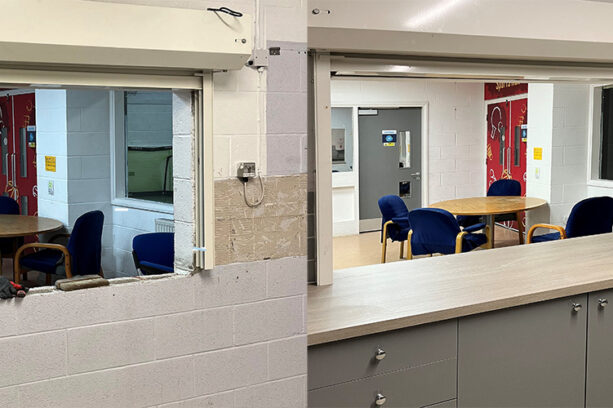Inheritance tax allowances

Whilst it’s a requirement that inheritance tax is paid if a person’s estate is worth more than a certain threshold, there are some allowances – or exemptions – that means inheritance tax does not have to be paid.
The current allowance whereby no inheritance tax can be charged is on the first £325,000, per person, of your estate. Your estate is calculated as the value of your total assets that you leave behind when you die and, therefore, if your estate is worth less than £325,000 then you will incur no inheritance tax as you pass your assets on to your loved ones. However, the tax will stand at 40% of any value greater than this amount.
Gifts and potentially exempt transfers
There are ways, however, that you can reduce the amount of inheritance tax you pay. One of the more common ways to pass on your money is by way of gifts.
A gift can become exempt from inheritance tax depending on how long you continue to live for after you have given it. If you live for seven years after making a gift, it will become fully exempt from the tax, and during those seven years, it is known as a ‘potentially exempt transfer’ – or PET. If you pass away during those seven years, the exemption will fail.
A gift will not qualify as a PET, however, if it is something in which you still have an interest, such as a home that you continue to live in.
Giving to charity
A common way to reduce the inheritance tax payable is to give your money to charity. It is possible to reduce the inheritance tax rate on some assets from 40% down to 36% should you leave 10% or more of your estate’s net value – a reduction that could make a significant impact on the overall amount you pay.
Types of tax allowance
Other inheritance tax exemptions can include:
- Business – you may be able to receive either 50% or even 100% tax relief on your business, depending on the type of business and the model of ownership
- Heritage – relief from inheritance tax may be available if you own either a building or piece of land that could be deemed as being of historic, artistic or national scientific importance
- Agricultural – farms can be exempt from inheritance tax when they are passed on. It is important to note, however, that some farm assets – such as farming equipment – may not be exempt
- Woodland – the main way that inheritance tax can be avoided for woodland is if the woodland is commercially managed with a view to generating timber, then it could qualify as a business asset attracting relief, as noted above
- Other exemptions from inheritance tax include any instances in which a person dies while performing an occupation deemed as risky, such as firefighter, police officer or someone serving in the armed forces. If you are married and are domiciled in the UK, any assets that you leave to your spouse are also exempt from the tax.
Main residence nil-rate band
There are ways, however, that you can reduce the amount of inheritance tax you pay. One of the more common ways to pass on your money is by way of gifts.
A gift can become exempt from inheritance tax depending on how long you continue to live for after you have given it. If you live for seven years after making a gift, it will become fully exempt from the tax, and during those seven years, it is known as a ‘potentially exempt transfer’ – or PET. If you pass away during those seven years, the exemption will fail.
A gift will not qualify as a PET, however, if it is something in which you still have an interest, such as a home that you continue to live in.
Get in touch
If you would like to find out how Equilibrium could help your inheritance tax planning, get in touch using the form below. We would be delighted to help.

